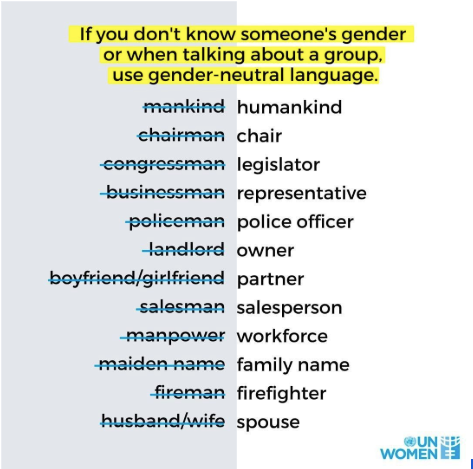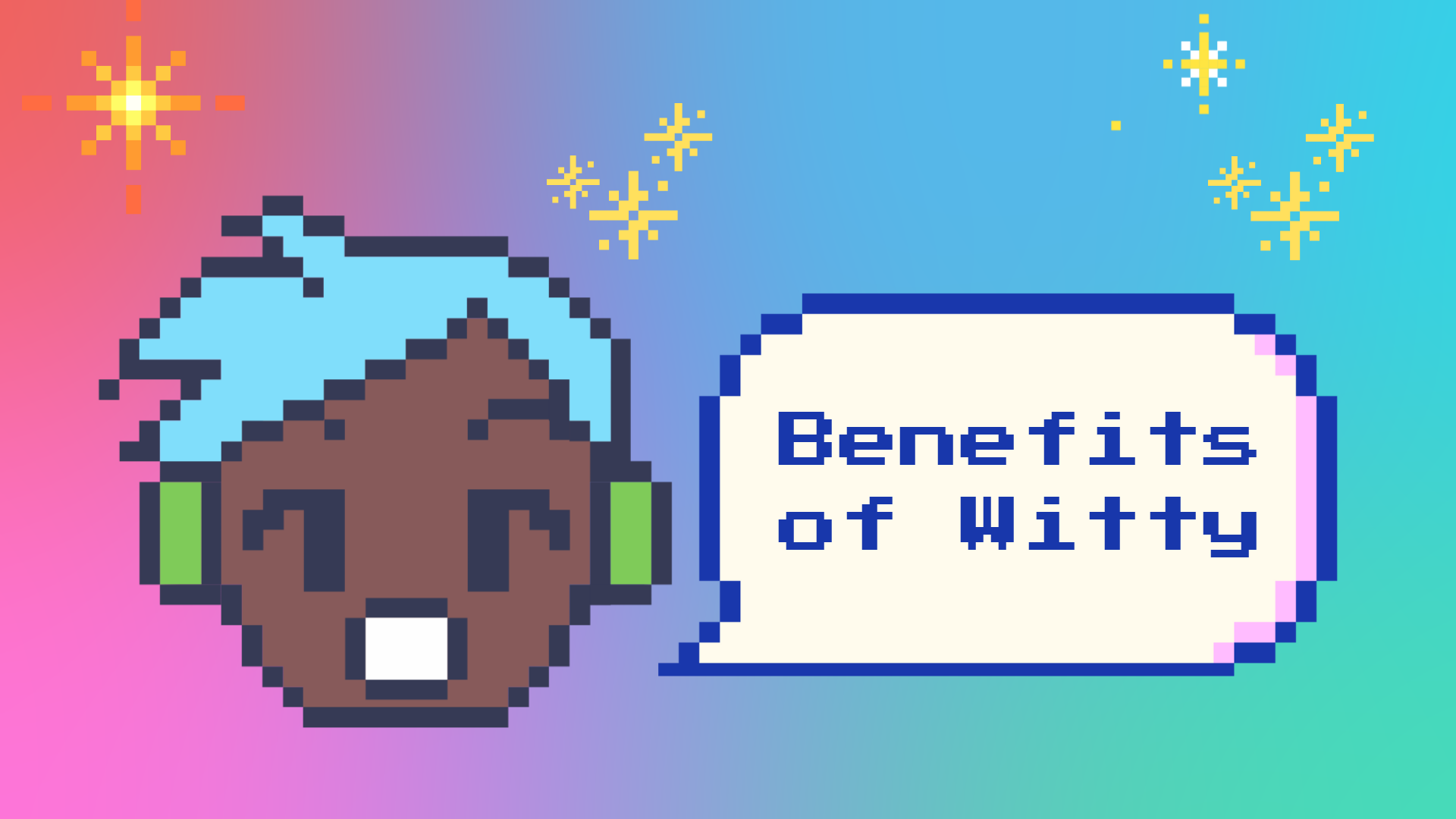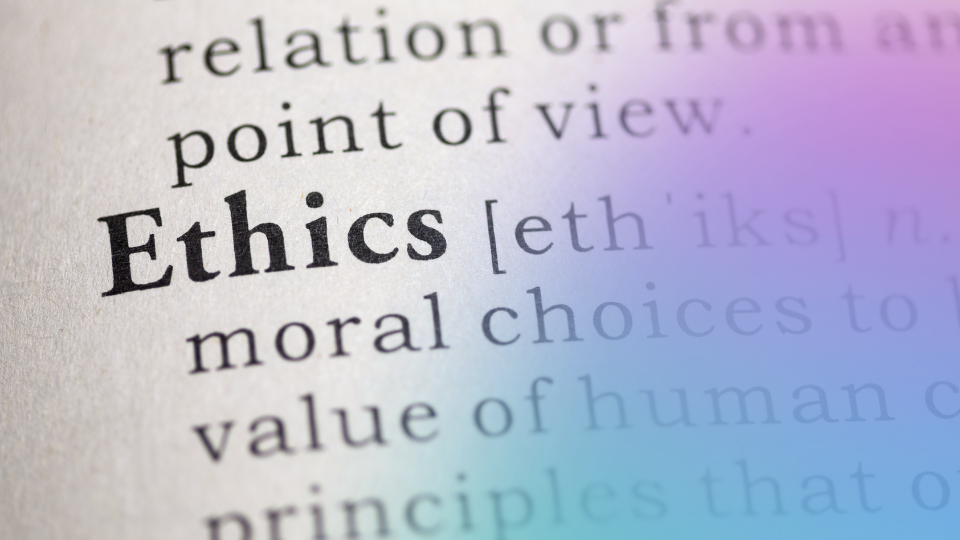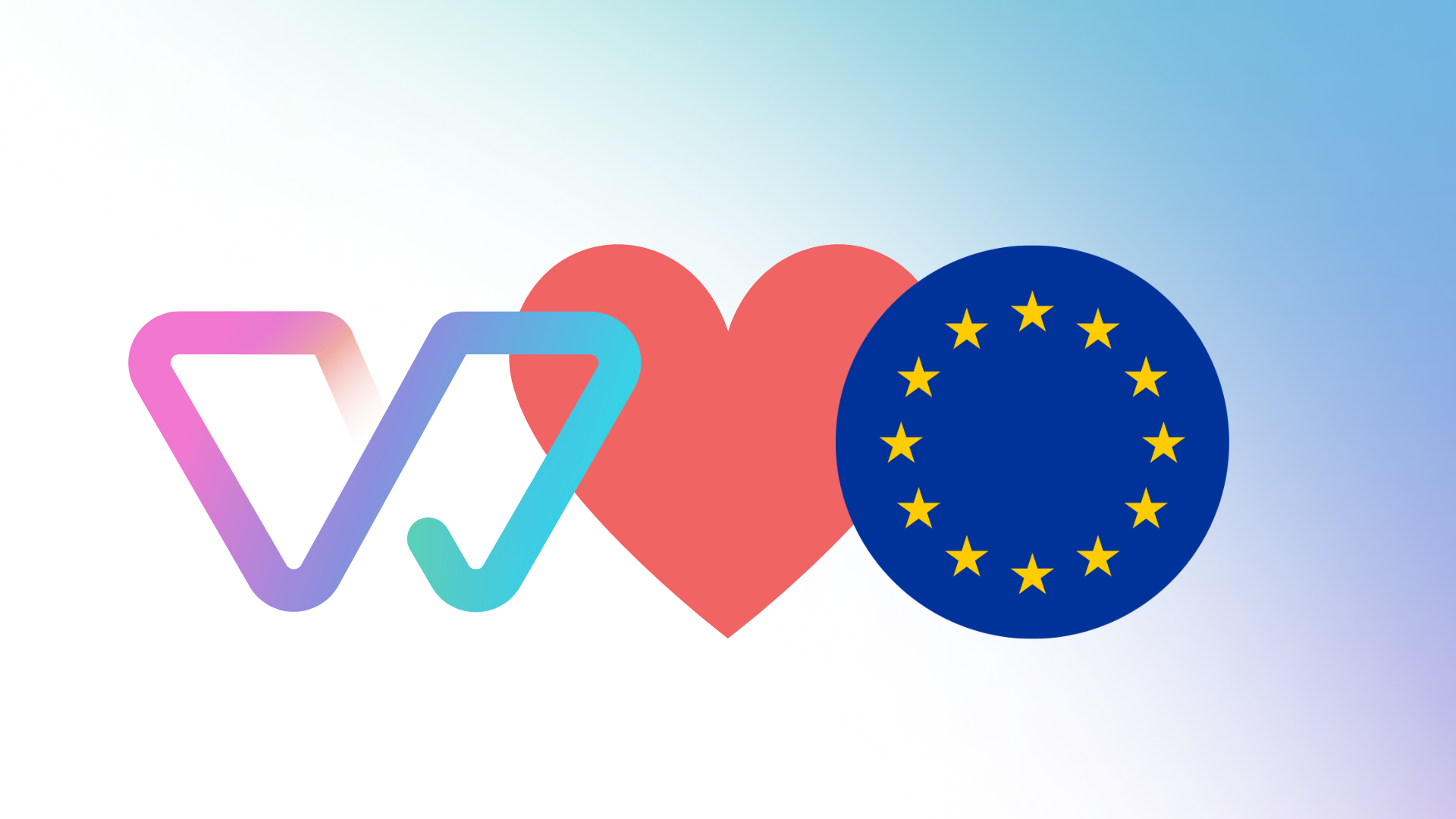I always considered myself to be one of the “good guys”. I didn’t consider myself as part of the problem. I just wished that more people would be as considered as I was.
My wife is an engineer. The stories she brings home however made me realize that just being one of the “good guys” isn’t enough. I needed to become active. But once I started educating myself, I realized indeed I was part of the problem. Not out of malice, but simply because I didn’t know better and I remained passive. Language and society had shaped me in ways where I was perpetuating the cycle without even realizing it.
How so you may ask?
To me language was all about efficiency and when in doubt “whatever the dictionary” said. I felt that actions matter more anyway as long as people more or less understood what I was saying. What I failed to realize is that language is part of the action, keeping some people out or keeping some people in. So when someone told me to stop using the term “guys” for mixed gendered groups, I rather got into a heated debate about “guys” being defined for mixed gender groups in the dictionary. But I failed to see that patterns in our society have shaped language and that reshaping society can be done by reshaping language. I also failed to realize that we reshape language all the time. New words come into the language all the time (social network, smartphones ..). Old words get new meanings (audition, silly, salty, ..). And words go out of style (damsel, man-at-arms, ..).
Language shapes thought
But language shapes thought, by reshaping language we can reshape thinking. At the very least we can signal our willingness to change. The word for “fire-fighter” came well after the first female “firemen”. Would the challenge to break the gender stereotype for the first female fire-fighters have been easier if the term had always been “fire-fighter”? Languages such as German and French are much worse in this regard even, since they are so heavily gendered.
Even in English I notice myself and other experienced presenters continuously referencing a prototypical programmer with the pronoun “he”. If there is anyone in the audience that doesn’t use “he” as their pronoun - be it women or non-binary people -, they will not feel addressed. Sure they can glance over this, but this takes emotional labor. And if this isn’t happening once or twice but all the time, then it adds up. But even if the entire audience refers to themselves as “he”, then this would still perpetuate the perception that programmers are men.
Some thought experiments
Some of you who are fathers might have experienced this already. This being made to feel out of place, when everything related to a parent-child-relationship is being framed as a mother-child-relationship. Sure you can gloss over this. As parents we frequently feel overburdened. In that moment all this emotional labor of having to ignore all the voices telling us that children just really need their mother can become too much. At this point we as fathers might then be more inclined to throw in the towel, not because we cannot do it but because we got kicked when we were down.
For those of you who are not fathers, maybe a different thought experiment will help. How would it feel if at a customer event introducing a new database technology, the host of the event would always address the audience with “ladies”. And in fact you are one of very few men at the event, except for the people serving drinks and hanging up coats. All the imagery would show women being successful with this new database. When they want to explain how rich it will make you, they will talk about what nice stuff you can buy for your husband. Would you think this database is for you? Would you think this company understands your needs?
A call to action
So let us all work on reshaping our language towards a society that welcomes diversity and works towards inclusion. Here are some first concrete words to work on, provided by the United Nations. Remember this isn't about you or how you identify yourself but about being more inclusive for others.

If you are looking for a digital writing assistant for inclusive language, try out Witty for free. Witty detects non-inclusive language and provides ongoing training on unconscious bias and operationalizes inclusion.





